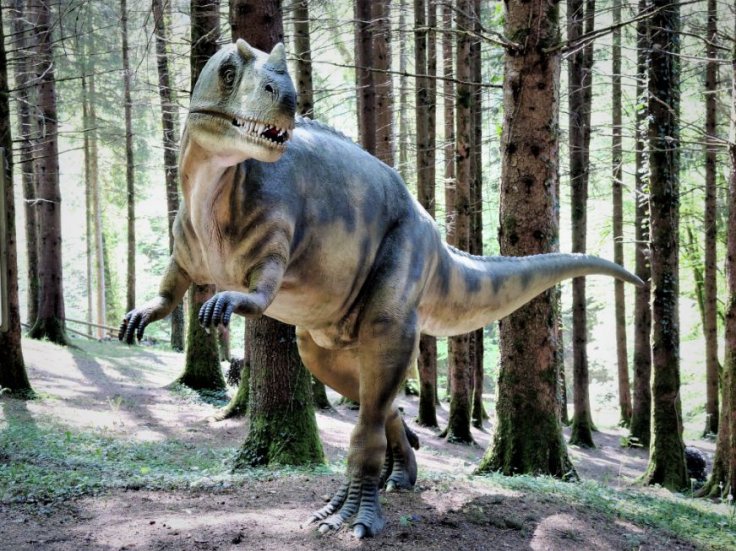
A new study conducted by a team of researchers has found that dinosaurs and marine reptiles that lived in the ancient days laid soft shell eggs, like turtles and snakes. Earlier, it was believed that these ancient beings had hard-shell eggs like birds, but the new study suggests that humans might have gone completely wrong in understanding the evolution of dinosaur eggshells over the years.
The Evolution of Dinosaur Eggs
The new study report, which is now published in the journal Science, revealed that dinosaurs might have evolved to lay hard-shelled eggs over time. Scientists note that lack of eggs in the fossil record of some types of dinosaurs is a strong indication that their eggs were soft-shelled. Also, researchers have discovered no definitive hard-shelled dinosaur eggs from the early history of these giants.
"The assumption has always been that the ancestral dinosaur egg was hard-shelled. Over the last 20 years, we've found dinosaur eggs around the world. But for the most part, they only represent three groups — theropod dinosaurs, which includes modern birds, advanced hadrosaurs like the duck-bill dinosaurs, and advanced sauropods, the long-necked dinosaurs. At the same time, we've found thousands of skeletal remains of ceratopsian dinosaurs, but almost none of their eggs. So why weren't their eggs preserved?" said Mark Norell, chair and Macaulay Curator in the American Museum of Natural History's Division of paleontology, in a recent statement.
The Discovery of World's Largest Reptile Egg
In a second study report, also published on Wednesday, researchers detailed the discovery of the largest reptile egg in Antarctica. Scientists who took part in this research revealed that this egg belongs to a now-extinct marine reptile, and it was apparently laid by this sea monster around 68 million years ago.
This gigantic egg measured 11 inches long and 7 inches wide. Scientists noted that this animal is as large as a giant dinosaur, and the mother who laid this egg might have been at least 23 feet long.









